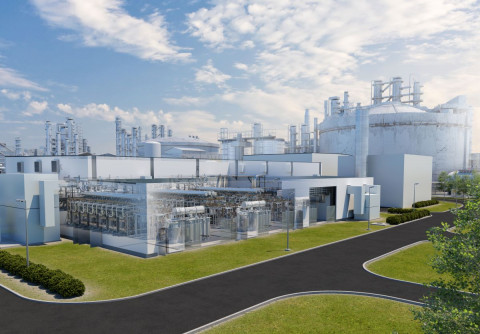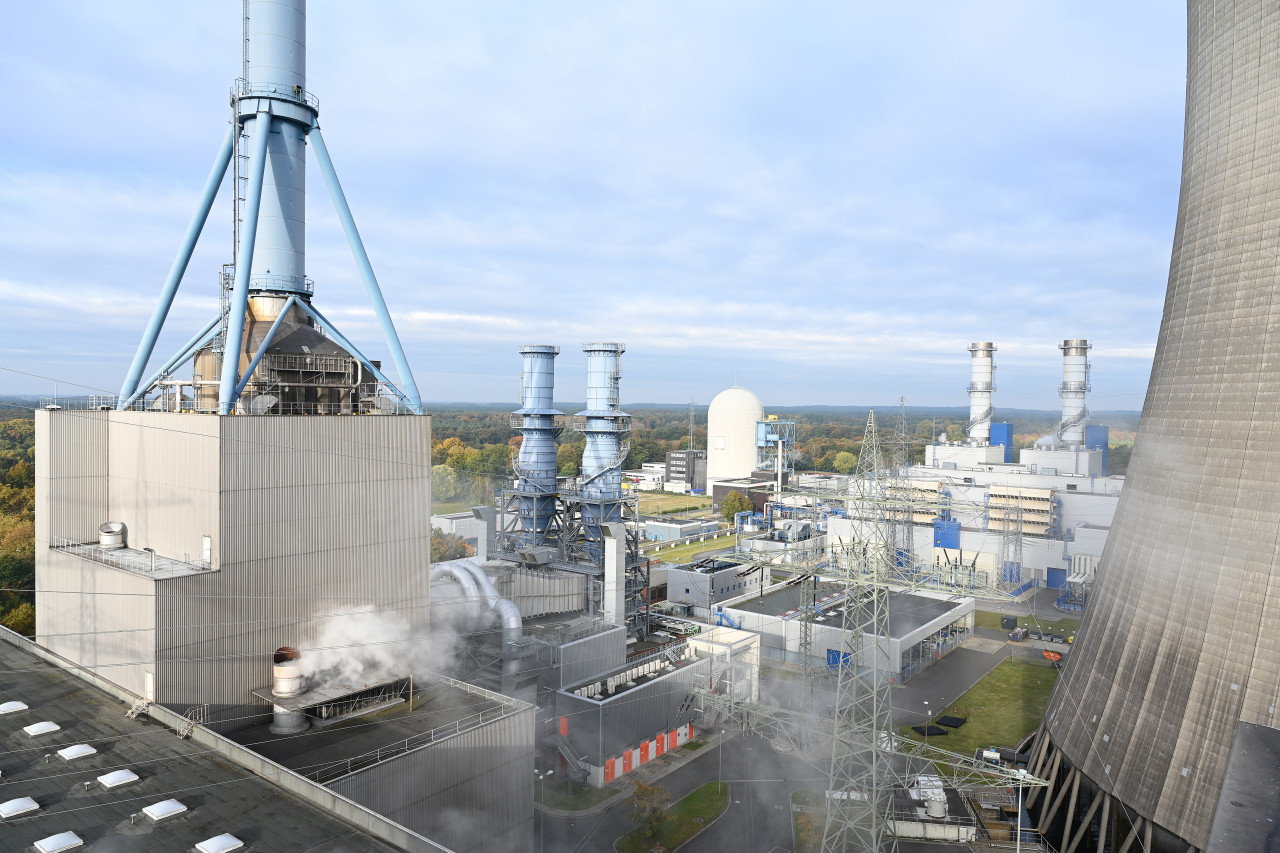Germany's government is offering subsidies for gas power plants that can switch to hydrogen in future, as part of the country's efforts to ensure a transition to clean energy generation sources.
The country's economic ministry has announced it would hold a tender for four gas plants of total capacity of up to 10 GW, with the government saying it would revisit the 10 GW to consider an increment. Details of the tender process weren't specified, but government sources have estimated the package at around €16 billion, including capital and operating subsidies.
The ministry wants the hydrogen transition to be drawn up by 2032 to allow the plants to completely switch to hydrogen during 2035-2040. The new plants are crucial if Germany is to phase out coal-fired stations ahead of the official retirement date of 2038.
Germany has agreed with European authorities to tender 8.8 GW of new hydrogen-based power plants and another 15 GW that would run on natural gas before switching to hydrogen. The strategy was supposed to be ready last year, but ran into trouble when a court vetoed the government's plan to use €60 billion of debt earmarked for climate projects to subsidize the power plants.
Germany also plans to subsidize power plants hydrogen-fueled power plants with a maximum capacity of 500 MW for energy research, the economic ministry said, but did not provide financial details.

BASF bags German funding approval for 54 MW electrolyzer
Read More

